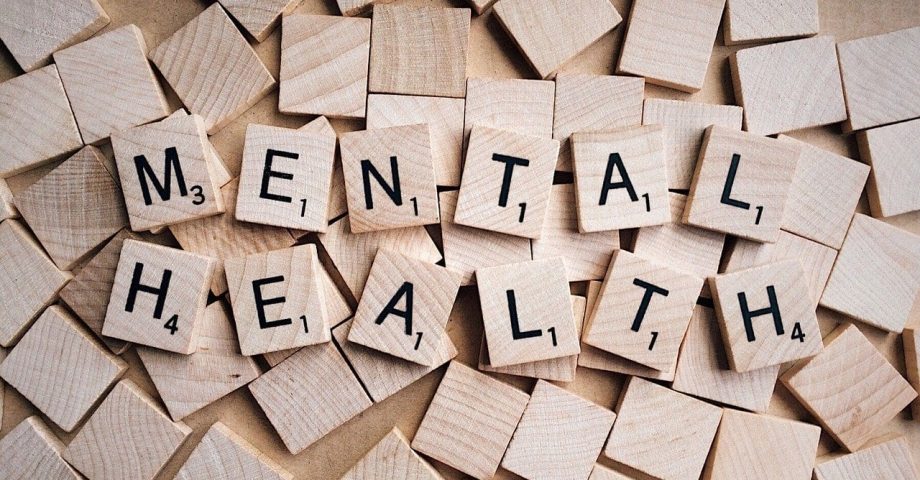9 Mysterious Facts about Mental Health
We all need to take care of our mental health. Yet, it remains a somewhat taboo subject that many of us still don’t feel uncomfortable discussing! That is why it is so important to remember that mental health affects us all daily.
With that in mind – pun completely intended – here are some important facts about mental health you’ll want to remember.
1. What is mental health?
Mental health encompasses how we think, feel, and act. Unlike physical health, much of our mental health goes unseen unless exhibited through how we behave. Many of us don’t show or share how we feel, either.
2. Mental health issues affect many of us
One of the most shocking things about mental health is that so many of us are still reluctant to discuss it! This is even more shocking when you know around one in four of us will experience a mental health issue at some point in our lives.
3. Does mental health affect just anybody?
The truth is that mental health issues and problems can affect anyone. No matter how old you are, your race, or socioeconomic status, you can be affected by mental health issues at any point in your life. Factors such as work, relationships, and even physical health can all change how we mentally process and feel.

4. What are some of the biggest mental health triggers?
Sometimes, it can be difficult to find the source of our issues. Genetics, social factors, upbringings, performance, and achievements can all affect how we feel deep inside. In severe cases, mental health problems can arise through loneliness, abuse, violence, and substance misuse.
5. It’s all about chemistry… or is it?
Brain chemistry certainly plays a large role in how we portray ourselves… or, so you’d think. As it happens, the evidence to suggest that brain chemistry is a large driver of mental health problems isn’t as strong as you’d expect. It’s thought that dopamine and serotonin, two chemicals in the brain, are responsible for fluctuating mental health – but while evidence suggests these chemicals are important, no one’s really sure how they work.
6. Young people struggle with mental health as much as adults.
Surprisingly, it’s thought that as many as one in five children currently struggle with mental health problems. According to the World Health Organization (WHO), this may compound as suicide being the second-highest cause of death for people between 15 and 29 years old.
7. Anxiety isn’t necessarily a “default” trait.
As time goes by, we’re learning more and more about anxiety and how we treat it. Feeling anxious isn’t necessarily something we should have to deal with every day – and many people have clinical anxiety, which means they struggle to complete everyday tasks without feelings of worry and hopelessness. It’s thought to affect around 8-10% of people.
8. The mental affects the physical.
One of the reasons many still have issues understanding or even believing in mental health disorders stems from the fact that, unlike bodily disorders, we cannot see them. But, the truth is that mental health concerns can profoundly impact physical health, too! People with mental health conditions may have higher risks of developing chronic physical illnesses.
9. Some people suffer more than others.
Regrettably, statistics show that LGBTQ+ people are likely to suffer with mental health conditions three times as much as anyone else. This may manifest in the form of generalized anxiety or depression, for example.

FAQs about Mental Health
How can I improve my mental health?
There are multiple ways to improve your mental health. Start by practicing breathing exercises and living “in the moment,” spending more time in nature, connecting with your loved ones, and looking after your physical health.
How can you prevent mental illness?
Some mental illnesses simply cannot be prevented. However, they can be alleviated by learning more about them, talking about your feelings, getting good rest, eating well, and exercising regularly.
How can I deal with stress and anxiety healthily?
It should come as no surprise that stress and anxiety affect us all. Some of the best ways of dealing with either is by taking regular breaks from everything that grabs your attention – including your phone! Taking care of your body, making time to relax, talking to those you love – all can help you bounce back from stress and anxiety. If you’re struggling with any aspect of mental health, or start to notice suicidal ideation, make sure to use Find a Helpline to find free, friendly support in your country.
Further reading:
https://factcity.com/tag/Health
https://www.who.int/news-room/fact-sheets/detail/mental-health-strengthening-our-response
Do you know any fun facts about mental health Share them in the comments below!
This page was last modified on July 27, 2023. Suggest an edit









